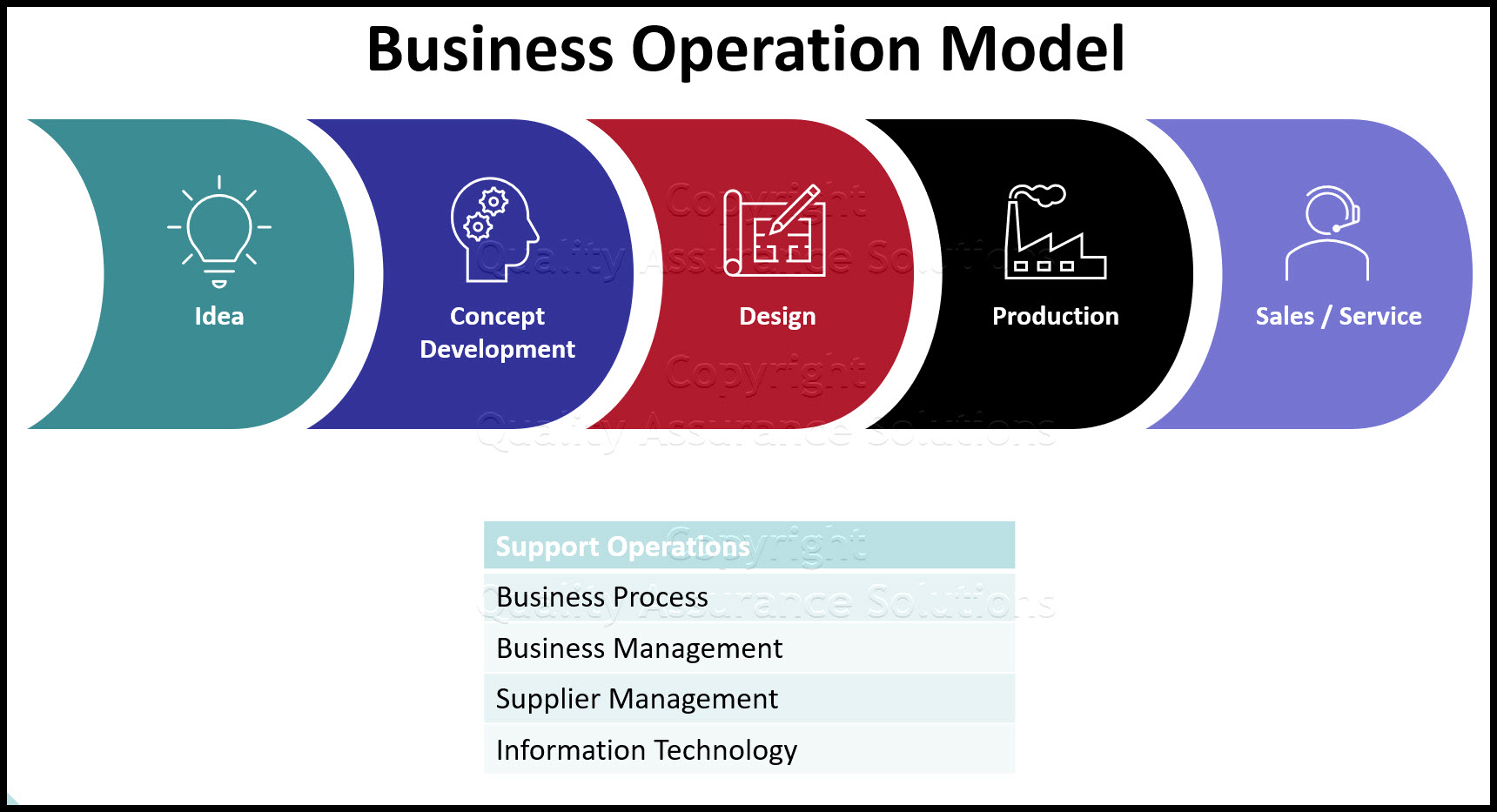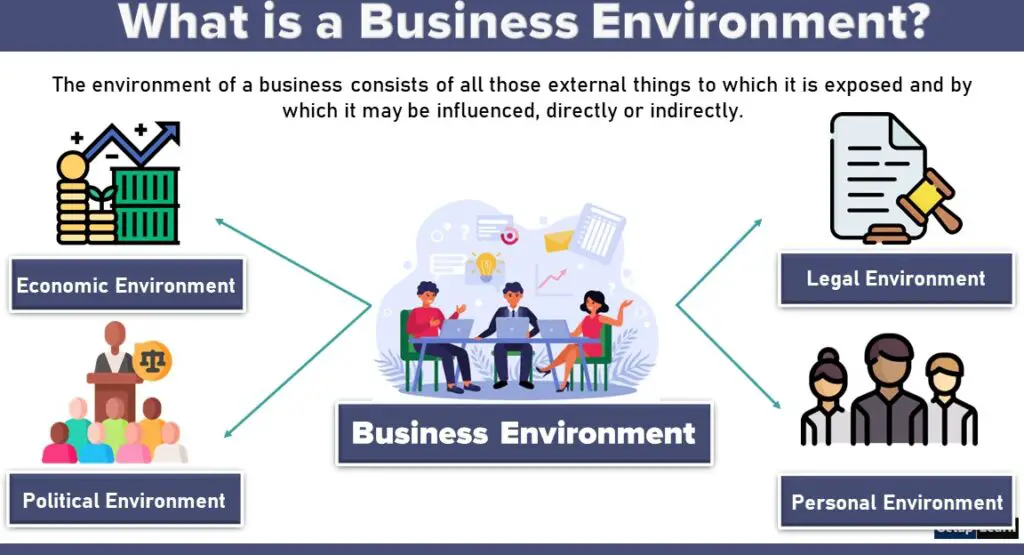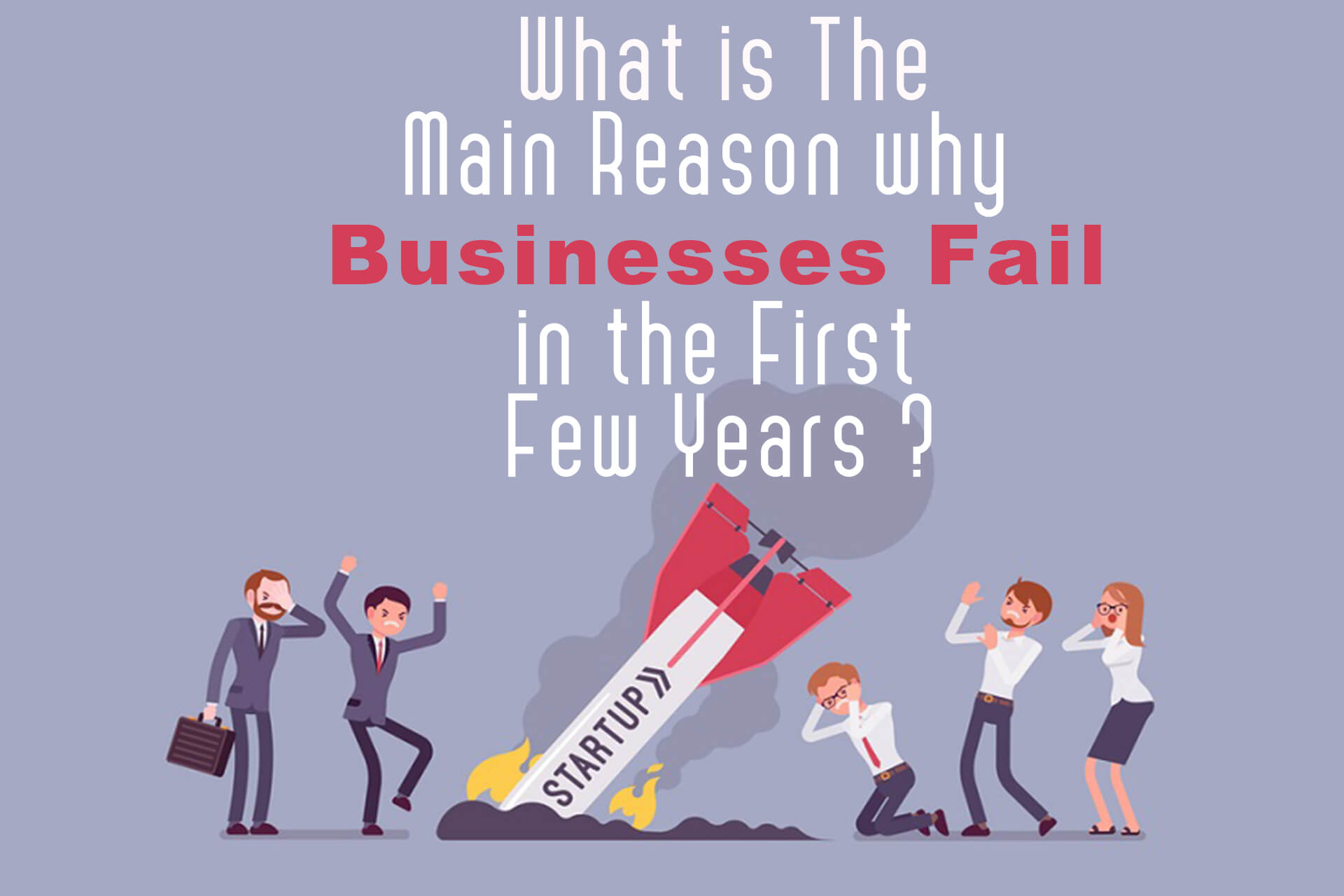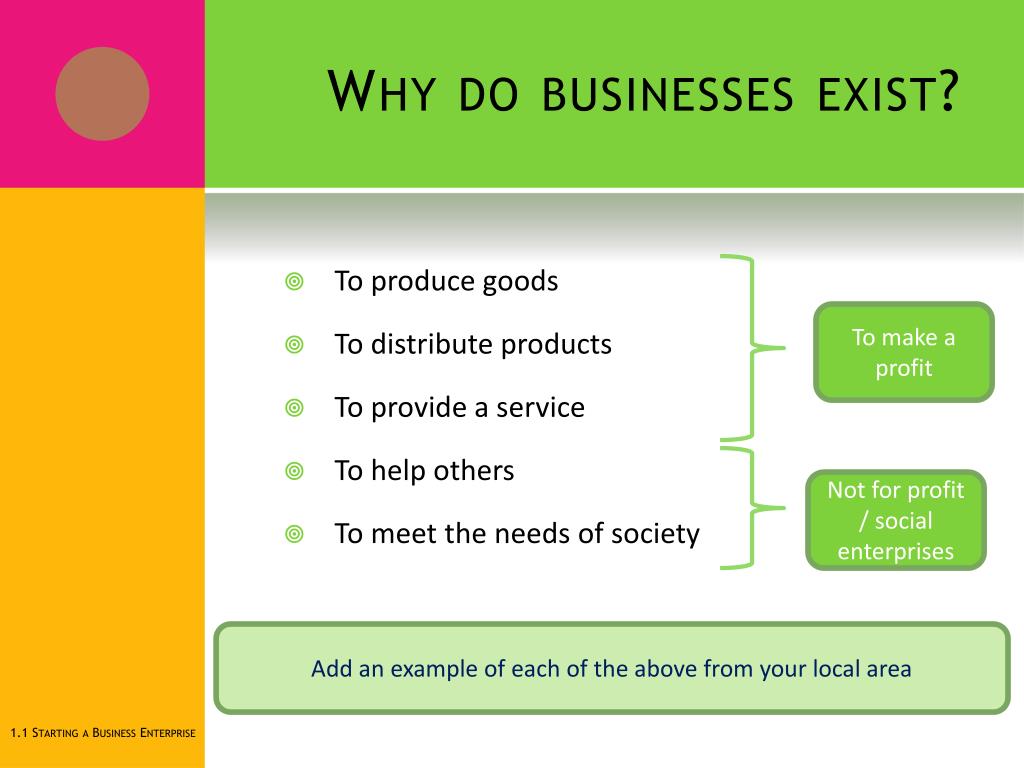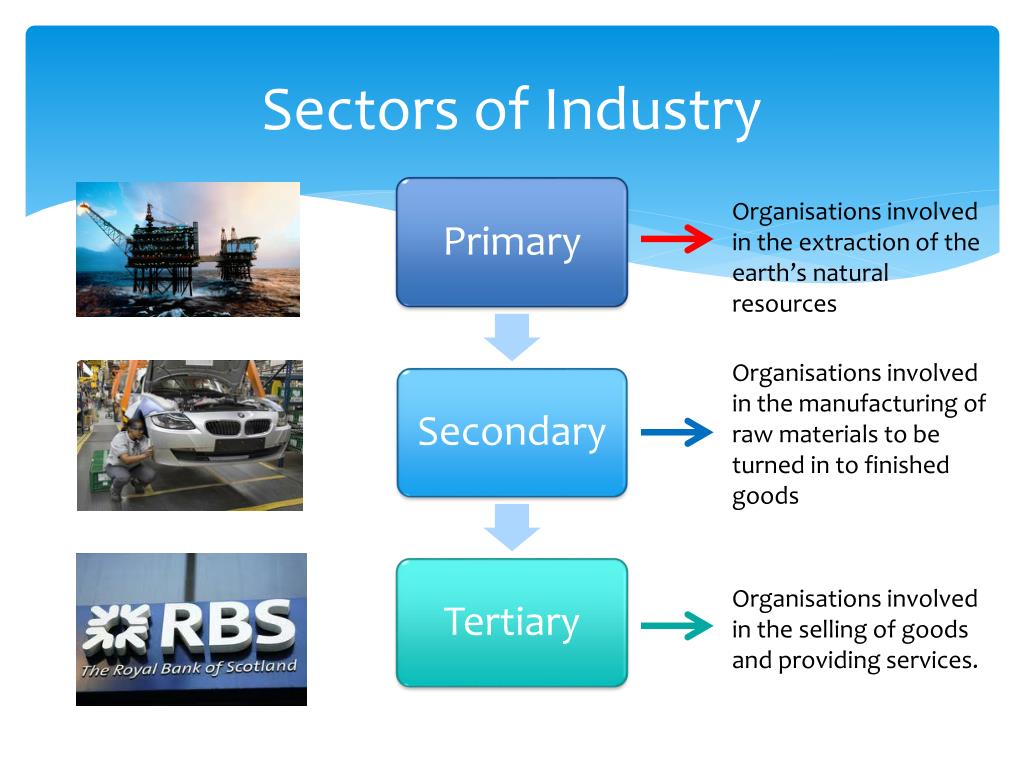What Is The Main Reason A Business Operates

At its core, the primary reason a business operates appears deceptively simple: to generate profit. However, delving deeper reveals a more complex interplay of factors that drive business decisions and strategies. While profitability remains a crucial metric, it isn't always the sole or even the most immediate objective for every organization.
This article examines the fundamental motivations behind business operations, considering both the financial imperatives and the broader strategic goals that shape a company's purpose and direction. Understanding these motivations is crucial for stakeholders, from investors and employees to consumers and regulators, to comprehend the dynamics of the business world.
The Profit Motive: A Foundation
The traditional view posits that businesses exist primarily to maximize profits for their owners or shareholders. This perspective is deeply ingrained in economic theory and business education.
As Milton Friedman famously argued, a company's social responsibility is to increase its profits, as long as it stays within the rules of the game. This profit-driven approach motivates efficiency, innovation, and resource allocation.
Beyond Profit: Strategic Goals
However, limiting the purpose of a business solely to profit maximization presents an incomplete picture. Many organizations prioritize other strategic goals, especially in the long term.
These goals often include gaining and maintaining market share, building brand recognition, fostering customer loyalty, and achieving sustainable growth. Businesses might even prioritize these goals above immediate profitability.
Market Share and Growth
Aggressively pursuing market share can lead to short-term losses but create a dominant position in the industry. This strategy often involves investing heavily in marketing, research and development, and competitive pricing.
Companies like Amazon, for example, have historically prioritized growth over immediate profits, reinvesting earnings to expand their infrastructure and services. This focus on long-term growth eventually translates to significant returns.
Brand and Customer Loyalty
Building a strong brand and fostering customer loyalty are also key objectives for many businesses. A well-respected brand commands premium pricing, reduces marketing costs, and provides a competitive edge.
Companies like Apple have cultivated intense brand loyalty, allowing them to maintain high profit margins and introduce new products with confidence. The value placed on customer experience directly impacts brand perception and loyalty.
Social Impact and Sustainability
Increasingly, businesses are also recognizing the importance of social impact and environmental sustainability.
"Businesses have a responsibility to operate in a way that benefits both society and the environment,"says a 2023 report from the World Economic Forum.
This involves adopting ethical business practices, reducing carbon emissions, supporting local communities, and promoting diversity and inclusion. Some companies, like Patagonia, have even embedded environmental stewardship into their core mission.
The Interplay of Objectives
It is essential to understand that these objectives are not mutually exclusive. In reality, successful businesses often strike a balance between profit maximization, strategic growth, brand building, and social responsibility.
By prioritizing long-term value creation and stakeholder engagement, businesses can achieve sustainable profitability and contribute to a more equitable and prosperous society. Neglecting any of these aspects can lead to negative consequences, such as reputational damage, decreased customer loyalty, and regulatory scrutiny.
Ultimately, the main reason a business operates is a complex and evolving concept. While profit remains a key motivator, it is increasingly intertwined with broader strategic goals, ethical considerations, and a commitment to long-term value creation. The most successful businesses are those that recognize and embrace this multifaceted reality.
